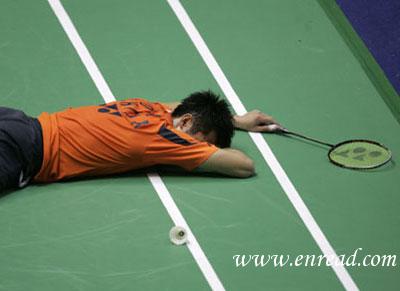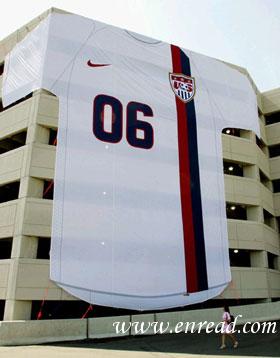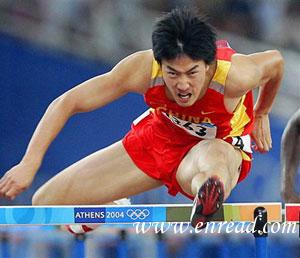英文法律词典 Q-9
|
QUASI CORPORATIONS. This term is applied to such bodies or municipal socie-ties, which, though not vested with the general powers of corporations, are yet recognized by statutes or immemorial usage, as persons or aggregate corporations, with precise duties which may be enforced, and privileges which may be maintained by suits at law. They may be considered qua corporations, with limited powers, coextensive with the duties imposed upon them by statute or usage; but restrained from a general use of the authority, which belongs to those metaphysical persons by the common law. 2. Among quasi corporations may be ranked towns, townships, parishes, hundreds, and other political divisions of counties, which are established with-out an express charter of incorporation; commissioners of a county, supervisors of highways, overseers of the poor, loan officers of a county, and the like, who are invested with corporate powers sub modo, and for a few specified purposes only. But not such a body as the general assembly of the Preshyterian church, which has not the capacity to sue and be sued. 4 Whart. 531. See 2 Kent Com. 224; Ang. on Corp. 16; 13 Mass. 192; 18 John. R. 422; 1 Cowen, R. 258, and the note; 2 Wend. R. 109; 7 Mass. R. 187; 2 Pick. R. 352; 9 Mass. Rep. 250; 1 Greenl. R. 363; 2 John. Ch. Rep. 325; 1 Cowen, 680; 4 Wharton, R. 531, 598. QUASI DELICT, civil law. An act whereby a person, without malice, but by fault, negligence or imprudence not legally excusable, causes injury to another. 2. A quasi delict may be public or private; the neglect of the affairs of a community, when it is our duty to attend to them, may be a crime; the neglect of a private matter, under similar circumstances, may be the ground of a civil action. Bowy. Mod. C. L. c. 43, p. 265. QUASI OFFENCES, torts, civil law. Those acts which, although not committed by the persons responsible for them, are by implication of law supposed to have been committed by their command, by other persons for whom they are answerable. They are also injuries which have been caused by one person to another, without any intention to hurt them. 2. Of the first class of quasi offences are the injuries occasioned by agents or servants in the exercise of their employments. A master is, therefore, liable to be sued for injuries occasioned by the neglect or unskilfulness of his servant while in the course of his employment, though the act was obviously tortious and against the master's consent as, for fraud, deceit, or other wrongful act. 1 Salk . 280; Cro. Jac. 473; 1 Str. 653; Roll. Abr. 95, 1. 15; 1 East, 106; 2 H. Bl. 442; 3 Wills. 313; 2 Bl. Rep. 845; 5 Binn. 54 0; sed vide, Com. Dig. tit. Action on the case for deceit, B. A master is liable for a servant's negligent driving of a carriage or navigating a ship; 1 East, 105; or for a libel inserted in a newspaper of which defendant was proprietor. 1 B. & P. 409. The master is also liable not only for the acts of those immediately employed about him, but even for the acts of a sub-agent, however remote, if committed in the course of his service; 1 Bos. & P. 404; 6 T. R. 411; and a corporate company are liable to be sued for the wrongful acts of their servants; 3 Camp. 403; when not, see 4 M. & S. 27. 3. But the wrongful or unlawful acts must be committed in the course of the servant's employmen, and while the servant is acting as such; therefore a person who hires a post chaise is not liable for the negligence of the driver, but the action must be against the driver or owner of the chaise and horses. 6 Esp. Cas. 35; 4 Barn. & A. 409 sed vide 1 B. & P. 409. 4. A master is not in general liable for the criminal acts of his servant wilfully committed by him. 2 Str. 885. Neither is he liable his servant wilfully commit an injury to another as if a servant wilfully drive his master's carriage against another's, or ride or beat a distress damage feasant. 1 East. 106; Rep. T. Hard. 87; 3 Wils. 217; 1 Salk. 289; 2 Roll. Abr. 553; 4 B. & A. 590. In some cases, however, where it is the duty of the master to see that the servant acts correctly, he may be liable criminally for what the servant has done; as where a baker's servant introduced noxious materials in his bread. 3 M. & S. 11; Ld. Raymond, 264; 4 Camp. 12. And on principles of public policy, a sheriff is liable civilly for the trespass, extortion, or other wilful misconduct of his bailiff. 2 T. Rep. 154; 3 Wils. 317; 8 T. R. 431. 5. In Louisiana, the father, or after his decease, the mother is responsible for the damages occasioned by their minor or unemancipated children, residing with them, or placed by them under the care of other persons, reserving to them recourse against those persons. Code art. 2297. The curators of insane persons are answerable for the damage occasioned by those under their care. Id. 2298. Masters and employers are answerable for the damage occasioned by their servants and overseers, in the exercise of the functions in which they are employed; teachers and artisans, for the damage caused by their scholars and apprentices, while under their superintendence. In the above cases responsibility attaches, when the masters or employers, teachers and artisans, might have prevented the act which caused the damage, and have not done it. Id. 299. The owner of an animal is answerable for the damage he has caused; but if the animal has been lost or strayed more than a day, he may discharge himself from this responsibility, by abandoning him to the person who his sustained the injury; except where the master has turned loose a dangerous or noxious animal; for then he must pay all the harm done without being allowed to make the abandonment. Id. 2301. |




![商务细节之个人创业[英语漫画]](/uploads/hangye/2023/12/07/08190218550.gif)
![商务细节之玩转公关公司[英语漫画]](/uploads/hangye/2023/12/07/08190335360.gif)


